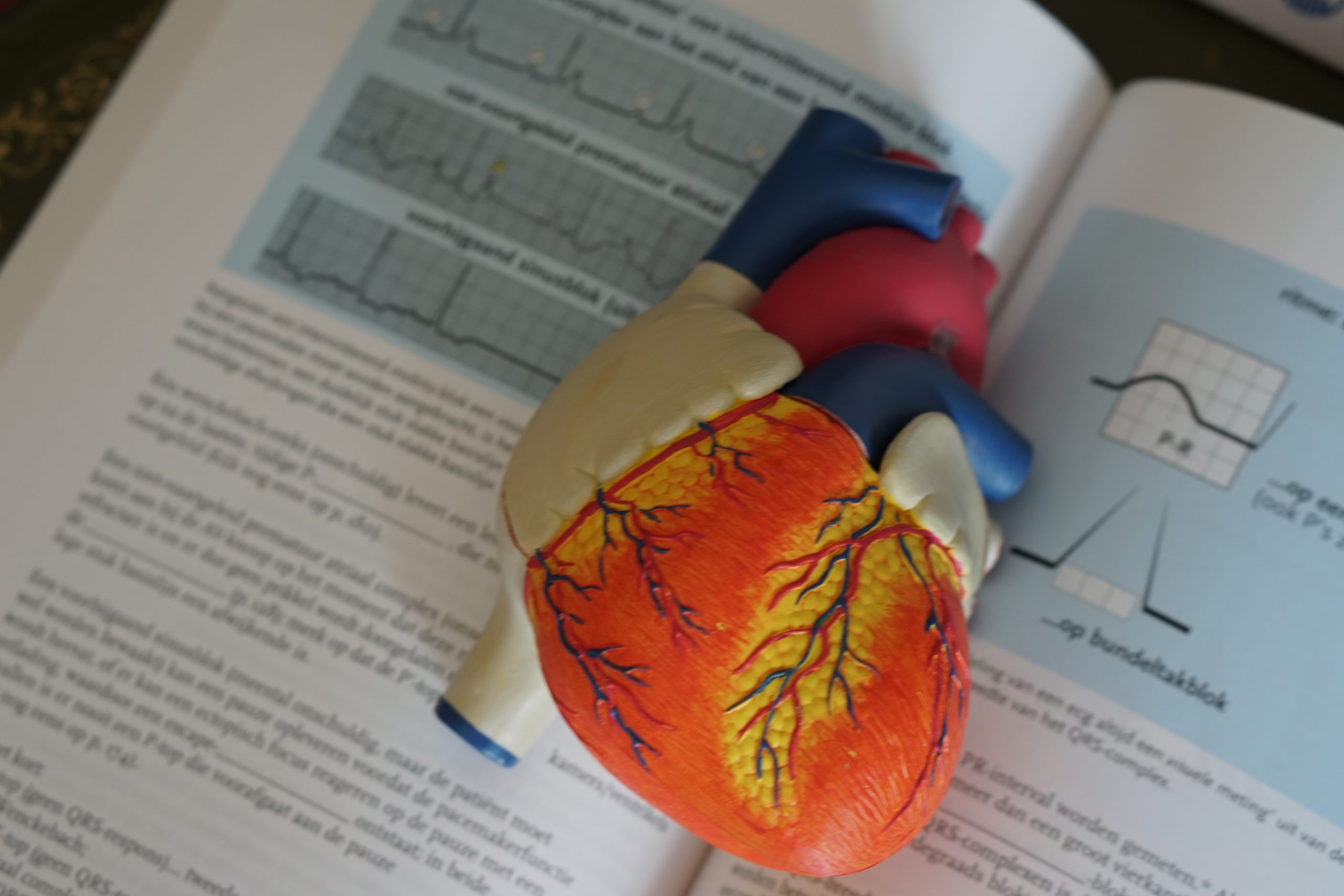Heart disease is a pervasive problem in America. Learn the facts, recognize the symptoms and consider lifestyle changes to keep your heart healthy and happy. Each year, the American Heart Association (AHA), the National Institutes of Health (NIH) and other governmental agencies produce a document with the most current statistics on heart disease. The most recent report indicates that 121.5 million American adults, or 48% of the adult population, are living with heart disease. Cardiovascular disease remains the leading cause of death in America. This strong prevalence indicates that at some point, heart disease will hit close to home. The best time to educate yourself and take preventive measures is now.
SIGNS OF A HEART ATTACK
According to the Centers for Disease Control and Prevention (CDC), approximately 790,000 Americans experience a heart attack each year. The signs of a heart attack can be different for men and women. The American Heart Association (AHA) describes common heart attack symptoms as including pressure, tightness, or squeezing pain in the chest or arms, or along the neck, jaw or back. While the movies portray someone grabbing their chest during a heart attack, other symptoms may be more subtle and are sometimes overlooked. Nausea, abdominal pain, heartburn, indigestion, shortness of breath, fatigue, breaking out into a cold sweat, lightheadedness or sudden dizziness can also be indicators that there may be a problem.
Women are especially likely to experience shortness of breath; back and jaw pain; and nausea and vomiting. If you experience any of these symptoms, particularly if you are at increased risk, do not hesitate to seek help. In the case of a heart attack, minutes matter and seeking care earlier could potentially minimize the effects of the heart attack. When in doubt, seek emergency medical assistance.
Approximately 610,000 Americans die of heart disease each year. This accounts for 1 in every 4 deaths and is the leading cause of death for both men and women.
WHO IS AT RISK FOR A HEART ATTACK?
There are many factors that can increase the risk of a heart attack. While some risk factors are beyond immediate control, others can be influenced by lifestyle choices.
Of the risks we can’t control, age plays a big part of the equation. Men over the age of 45 and women over 55 have an increased risk for heart attack.
Family history of heart attack in a male relative less than 55 years old or a female relative less than 65 years old could also increase risk.
Having an autoimmune disorder such as lupus, rheumatoid arthritis or a history of preeclampsia (high blood pressure during pregnancy) are other potential risk factors.
The good news is that many of the risk factors can be altered by the choices made every day. Several other risk factors are related but each one is a risk factor in itself.
Lack of physical activity is a major contributor to heart health. It can lead to high blood pressure and obesity, two additional risk factors. Over time, obesity can result in high blood pressure, high cholesterol, diabetes and metabolic syndrome, all of which are additional risk factors. According to the CDC, the obesity rate in the United States is a staggering 39.8% or 93.3 million adults. Including both the overweight and obese population of American adults increases that statistic to 71.6%. This means that less than 30% of American adults are maintaining a healthy body weight.
While high blood pressure has become common in American culture, many people don’t know that it can potentially lead to heart disease. Keeping blood pressure under control is a great step to improving heart health.
Diabetes is a chronic condition that increases the likelihood of a heart attack. Managing both Type 1 and Type 2 diabetes can minimize the chances of complications or comorbid conditions like heart disease.
The CDC reports that 95 million Americans have high cholesterol, meaning cholesterol is building up within the arteries, preventing efficient blood flow. High cholesterol is a contributor to heart disease over time. Many people are able to reduce or control their cholesterol through exercise and nutrition changes.
Tobacco use is a key contributor to heart disease as well as many other chronic conditions. Quitting is hard but worth the health benefits. There are a variety of resources available to help Floridians quit, depending on preference. Tobacco Free Florida offers group counseling sessions, online quit tools and a toll-free tobacco quit line, along with some tobacco cessation aids are available at no cost. Ready to quit? Visit tobaccofreeflorida.com or call 1-877-U-CAN-NOW.
Illicit drug use can negatively impact your central nervous system as well as your circulatory system. Stimulants such as cocaine and amphetamines can cause the heart to race and the arteries to spasm. Other drugs can also lead to collapsed veins, irregular heartbeat and other detrimental side effects.
Stress can contribute to heart disease and increase the likelihood of having a heart attack. Chronic stress is very pervasive in today’s society, but there are many strategies such as meditation, mindfulness, journaling or counseling that can help. Colleges and universities such as the University of Florida and Michigan State University are creating mindfulness groups or sessions to help their communities get tuned in to this beneficial strategy.
BY LINDSEY JOHNSON, MS, CHES

